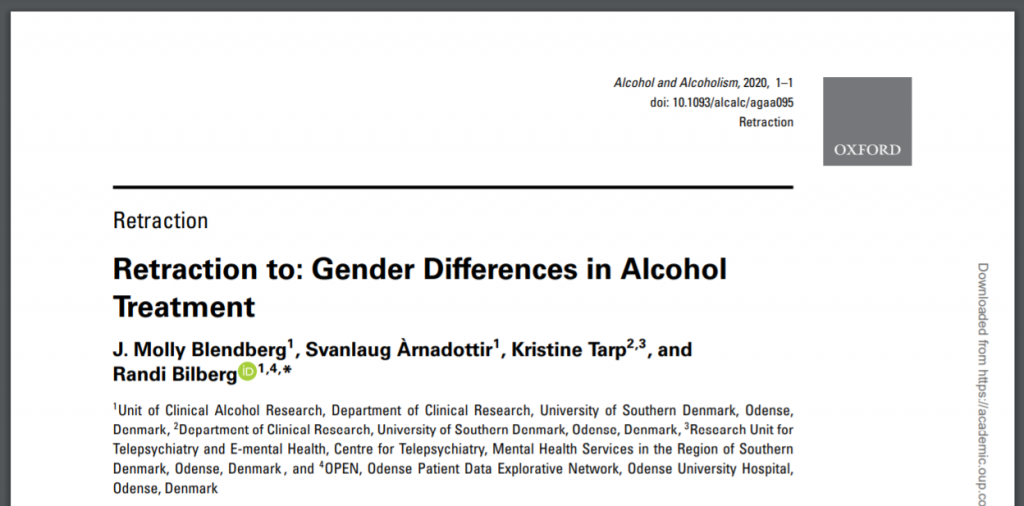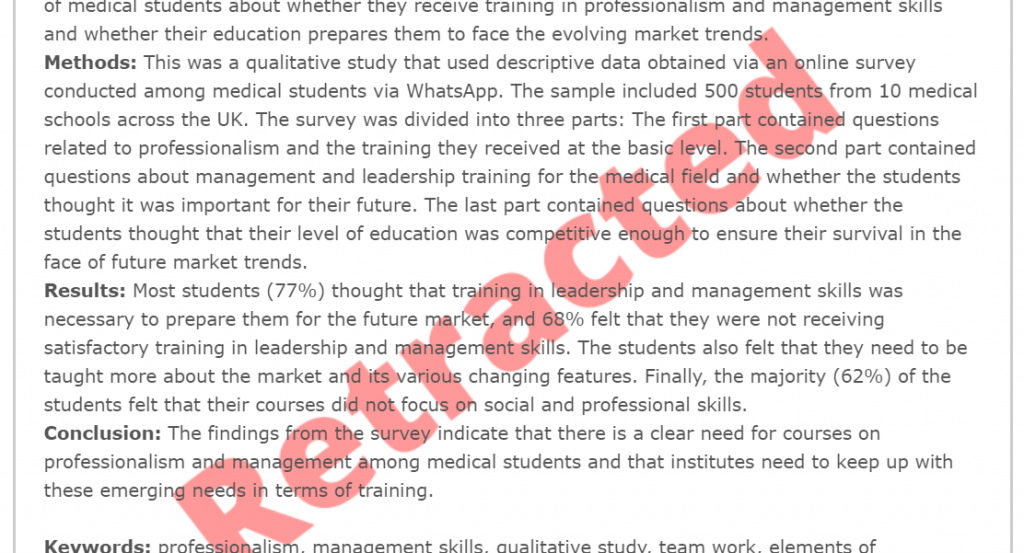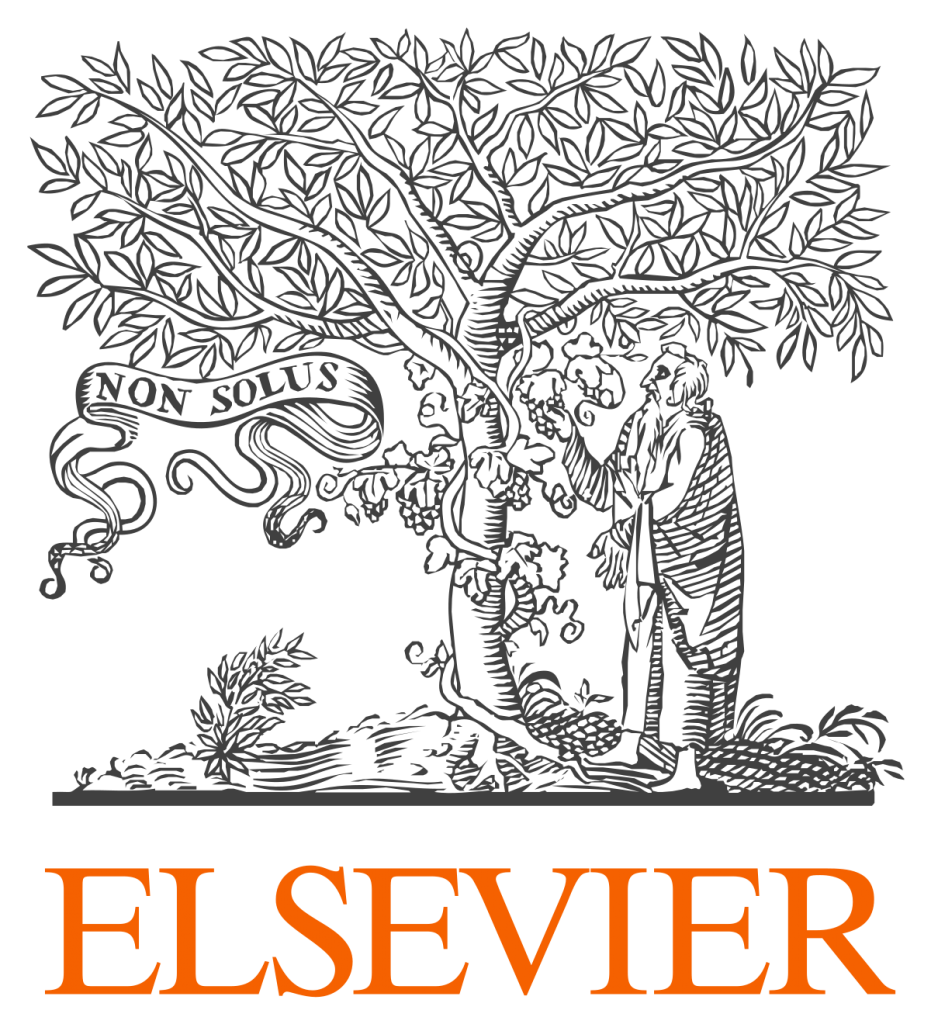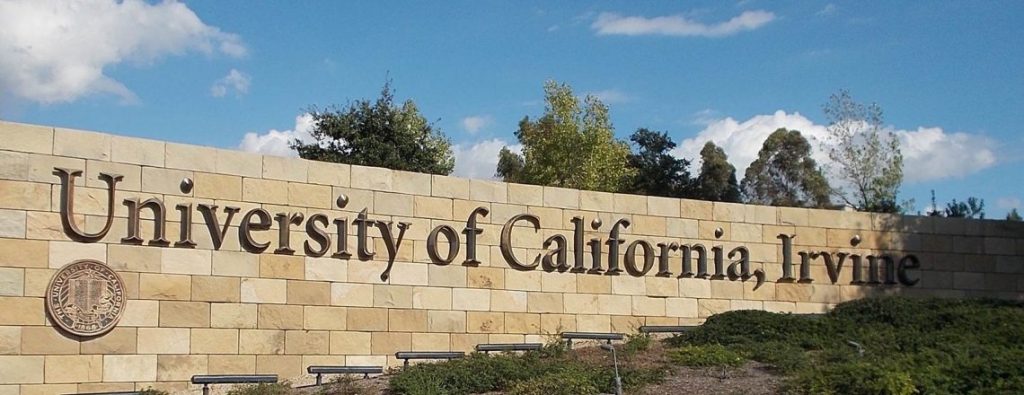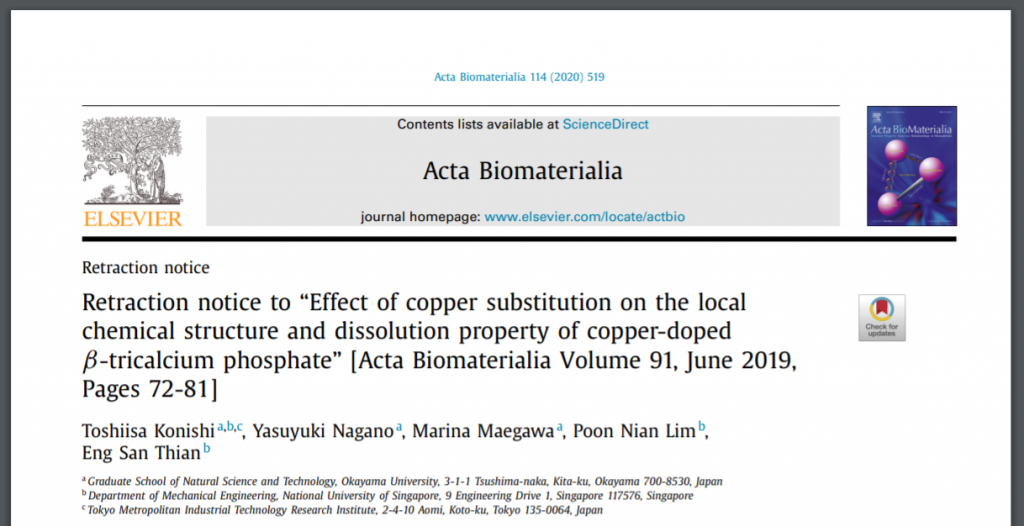
A Springer Nature journal waited eight months to retract a paper flagged by the Office of Research Integrity for containing fabricated data — a delay the publisher blames on “staff changes and human error.”
The 2014 article in Neuropsychopharmacology by Alexander Neumeister included “falsified and/or fabricated research methods and results,” according to the findings of the ORI investigation, which were reported in late December of last year. But the retraction notice is dated September 8, 2020.
The notice itself sounds a lot like a child who says “I’m invisible because my eyes are closed.” It reads:
Continue reading Springer Nature journal takes eight months to retract paper after US government misconduct finding

